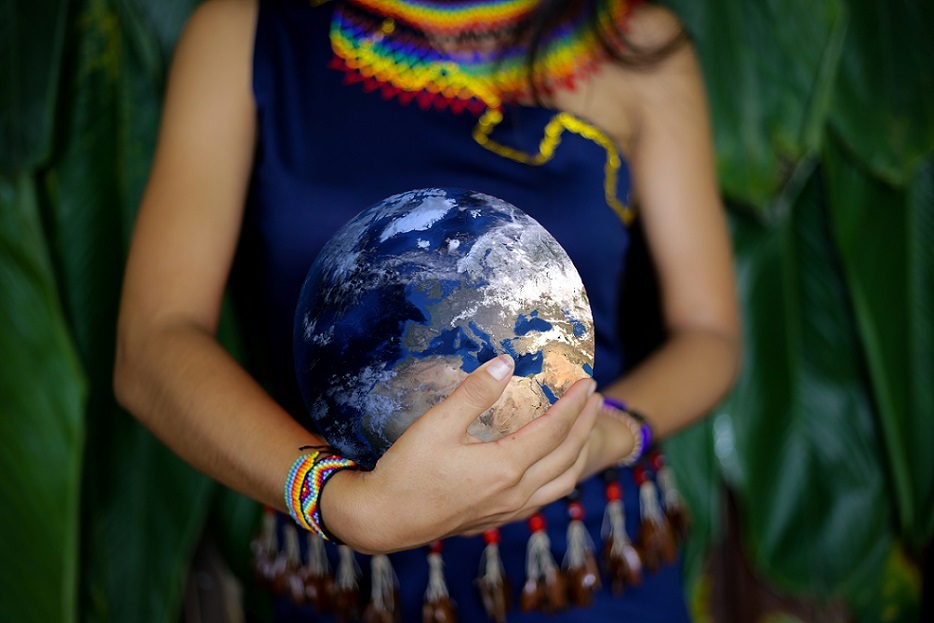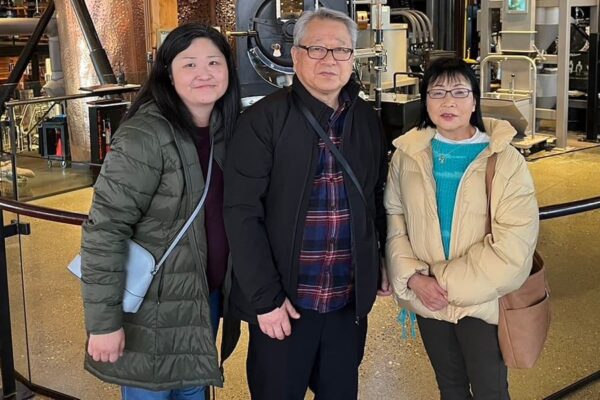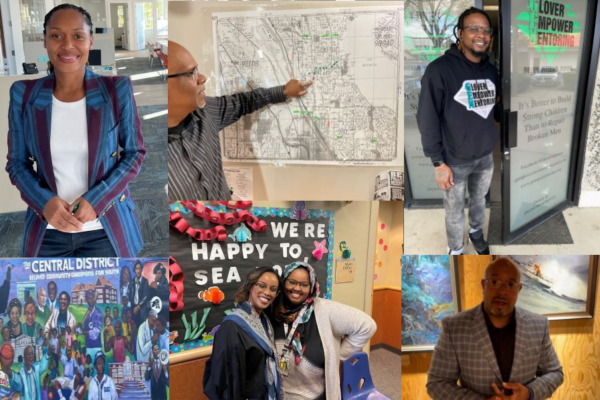Celebrate National Native American Heritage Month
To understand the importance of National Native American Heritage Month, you might start with discovering the whereabouts of Turtle Island.
Here’s a hint: Chances are, it’s beneath your feet.
For some indigenous peoples, including the Ojibwe of Southern Canada and the Northwestern United States, Turtle Island is planet earth; its name stretches back to the Great Flood accounts in their Creation stories. For others such as the Iroquois of Central Canada and the Northern United States, Turtle Island is North America.
In all references, Turtle Island is home, a place where for thousands of years indigenous people lived and subsisted and flourished well before Europeans came and all but decimated entire peoples via diseases, hostile land takeovers, forced displacement, oppressive systems and lopsided treaties.
National Native American Heritage Month, which was approved in a joint resolution by President George H.W. Bush in 1990, is an opportunity to learn about indigenous people and uplift indigenous history, cultures and ways of life that to this day scarcely make it into history books.
At United Way of King County, we always acknowledge the presence of those who came before us, focusing on the area of Turtle Island that we now occupy. On our website and in our meetings, we acknowledge that we work on the unceded traditional land of the Coast Salish Peoples – particularly the first people of Seattle, the Duwamish Tribe. The Duwamish were the original stewards of the land, and we honor both the land and the Duwamish Tribe.
Among those who led the Duwamish were Chief Si’ahl, the person for whom Seattle is named. According to the Duwamish Tribe website, Chief Si’ahl (1780-1866) was said to have been born in his mother’s village of Stukw on the Black River – the area which is now the City of Kent. He lived during the first arrival of Europeans who brought new diseases (such as smallpox, measles and influenza) that ultimately killed about 30 percent of the area’s indigenous population.
Chief Si’ahl and other Duwamish also greeted the first European American immigrants when the latter arrived at Alki Point in what is now West Seattle, according to the Duwamish site. Chief Si’ahl was also one of the signers of the 1855 Treaty of Port Elliott, which according to the Duwamish site created a “government-to-government relationship” between the United States and the Duwamish, guaranteeing hunting and fishing rights and reservations to all tribes that signed the treaty. In return, the Duwamish exchanged 54,000 acres of homeland, including the area comprising much of King County.
The treaty was violated by the European immigrants almost immediately, and some of its tenets have not been honored to this day. Duwamish, who continue to fight for federal recognition as a tribe, have identified and are protecting an area in West Seattle along the Duwamish River that once was a major village dating back to 600 A.D.
United Way believes that any acknowledgement becomes meaningful only when combined with accountable relationships and informed actions that act as a first step in honor the land on which we exist, and its people. United Way has established a $1 million Indigenous Fund, which supports the four founding organizations of the Coalition to End Urban Indigenous Homelessness: Chief Seattle Club, United Indians of All Tribes Foundation, Seattle Indian Health Board and Mother Nation.
As National Native American Heritage Month begins, United Way encourages you to learn more about indigenous people and cultures in the City of Seattle, King County and Washington state. Then share that knowledge with others so that Native American heritage can be uplifted not only in November but year-round. It might give you a better understanding and appreciation for Turtle Island.





Comments